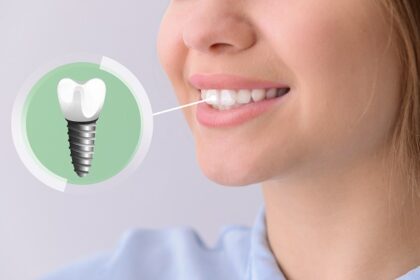Hyperhidrosis is an unusual disorder that is characterized by excessive sweating on the soles of the feet, palms of the hands, groin, armpits, and under the breasts. Some medical experts consider it a rare disorder, and not more than 3% of the population in our country suffers from hyperhidrosis. While there are two types of hyperhidrosis, let us determine its possible causes.
Hot weather
Primary hyperhidrosis may be typically aggravated due to hot weather. Hot weather causes sweat to evaporate from the skin. This is the body’s natural mechanism to maintain its temperature. While some people sweat normally, people with hyperhidrosis sweat excessively. Hence, one must drink more water during summers to avoid dehydration.
Exercise
Exercise helps burn calories stored in the form of unhealthy fats in our bodies. It increases the body’s blood circulation, which helps in melting fats present in the arteries. As exercise releases energy, sweat is released as a form of by-product. It helps in maintaining the body’s normal temperature. However, people with primary hyperhidrosis experience excessive sweating due to overactive sweat glands, making it essential for them to keep a bottle of water handy while exercising.
Fever
People with primary hyperhidrosis may experience excessive sweating even during fever. This is because fever increases the body’s internal temperature, and the body struggles to keep the temperature from rising to dangerous levels. It is crucial to consult a doctor if the patient is sweating excessively for a longer time, as persistent fever could be due to a more serious underlying health condition.
Anxiety
Statistics suggest that more than 200 million people worldwide are diagnosed with anxiety. Elevated heartbeat or pulse is one of the most prevalent symptoms of suffering from this mental disorder. Just like one’s heartbeat increases during exercise, one’s body may also sweat due to anxiety. Various coping mechanisms like meditation and yoga can help effectively manage anxiety symptoms.
Spicy food
Spicy food helps in enhancing the overall taste of the food. However, most spices like red chilis contain capsaicin. The naturally occurring chemical compound generates a burning sensation in the digestive tract; the sweat glands under the skin mistake this as an increase in the body temperature and respond by sweating. Hence people with primary hyperhidrosis are recommended to eat with mild or no spices to avoid excess sweating.
Stroke
Secondary hyperhidrosis refers to a condition in which a person suffers from excessive sweating due to an underlying health condition. A person getting a stroke may experience hyperventilation, chest pain, and cold sweats. People who have secondary hyperhidrosis may sweat profusely. Hence, it is vital to keep a close watch as the patient exhibiting these symptoms might be experiencing a stroke.
Neuropathy
Peripheral neuropathy involves damage to the peripheral nerves. Damage to these nerves could negatively affect the peripheral nervous system’s ability to send and receive signals. This usually results in the inability to regulate blood pressure, heat intolerance, and excessive sweating.





